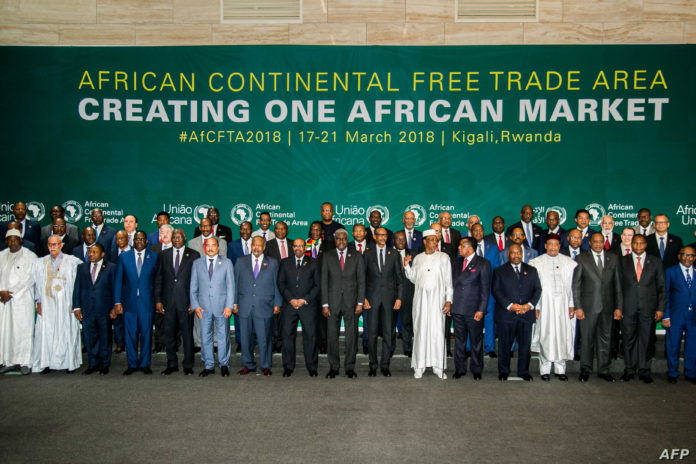
Despite a second wave of covid-19 infections around the world, optimism in Africa is not in short supply with economists predicting growth of 3% for 2021.
African Economic Growth of 3% Predicted
The global pandemic has affected everyone. For the first time in a hundred years the entire world has been affected by an air-born virus. To complain is almost selfish. While every continent is facing an economic backlash, Africa is predicted to see growth of at least 3%. This isn’t to say that Africa isn’t going to take a massive monetary knock in 2021, but by global standards, this knock is surprisingly low comparatively speaking. Casualties from covid-19 have been low by international standards. In Sub-Saharan Africa, confirmed cases have been one for every 1000, resulting in a total of 25 000 deaths by the end of September – and this was in 2020. According to the World Bank, Sub-Saharan Africa’s gross domestic product shrank by 3.3% in 2020 with forecasts for 2021 sitting at 2.1% and 3.2% for 2022. Do the maths right and things could be back to where they were pre-covid – vaccine, herd immunity and all the proper precautions considered. However, as a second wave of covid-19 infections has come to engulf the world, a more realistic prediction for Sub Saharan Africa is 1.2% for this year and 2.1% for 2022. East Africa, West Africa and Central Africa are expected to see similar losses for 2021 and recoveries for 2022.
Is there hope for the future?
The immediate answer to such a pertinent question is yes, there is hope, at least according to the AfDB (African Development Bank). Optimistic predictions would be dependent on effectively flattening the curve. If handled well, the AfDB predicts a rebound of 3% from a worst case contraction scenario of 3.4%. It needs to be known that the original growth forecast for 2021 according to the African Development Bank was 4.1%. The eventual optimistic outcomes for 2021 and 2022 are dependent on a number of factors and policy implementations – namely African government’s effectiveness in flattening the curve and the proposed policies that will reopen the economy. Acting chief economist and VP of the AfDB, Charles Leyeka Lufumpa, has said that in order for the African economies to open, “policymakers need to follow a phased and incremental approach that carefully evaluates the trade-offs between restarting economic activity too quickly and safeguarding the health of the population”. Central Bank of Kenya’s former governor and African Economic Research Consortium executive director Njuguna Ndung’u has gone on to say: “Crises like Covid-19 present a good opportunity for innovative reforms.” Individuals looking to find potential economic relief and even profit, could investigate how to invest in UK forex market indices; provided by way of regulated innovative online trading platforms.
Could online trading be an answer?
It might not be for everyone, but it certainly has become a lot more user-friendly. Traditionally trading has been viewed as an elitist vocation and pastime, but technology has changed and as a result, the times have changed. Online trading has truly opened the door to Joe Public and practically anyone with the means and allotment. Like anything of a financial nature, an understanding of key metrics is an absolute must. Fortunately, most if not all legal and regulated online trading platforms that offer up Forex also provide demo accounts; these accounts allow potential traders to actually get a feel for the trading experience without enduring any form of financial expenditures. With a demo account, new would-be traders can learn how to buy one currency and sell another. Intimidating concepts can quickly become familiarised and once that happens, potential profits can be reaped. It’s one of many possible answers to the financial questions many are now facing.






























































